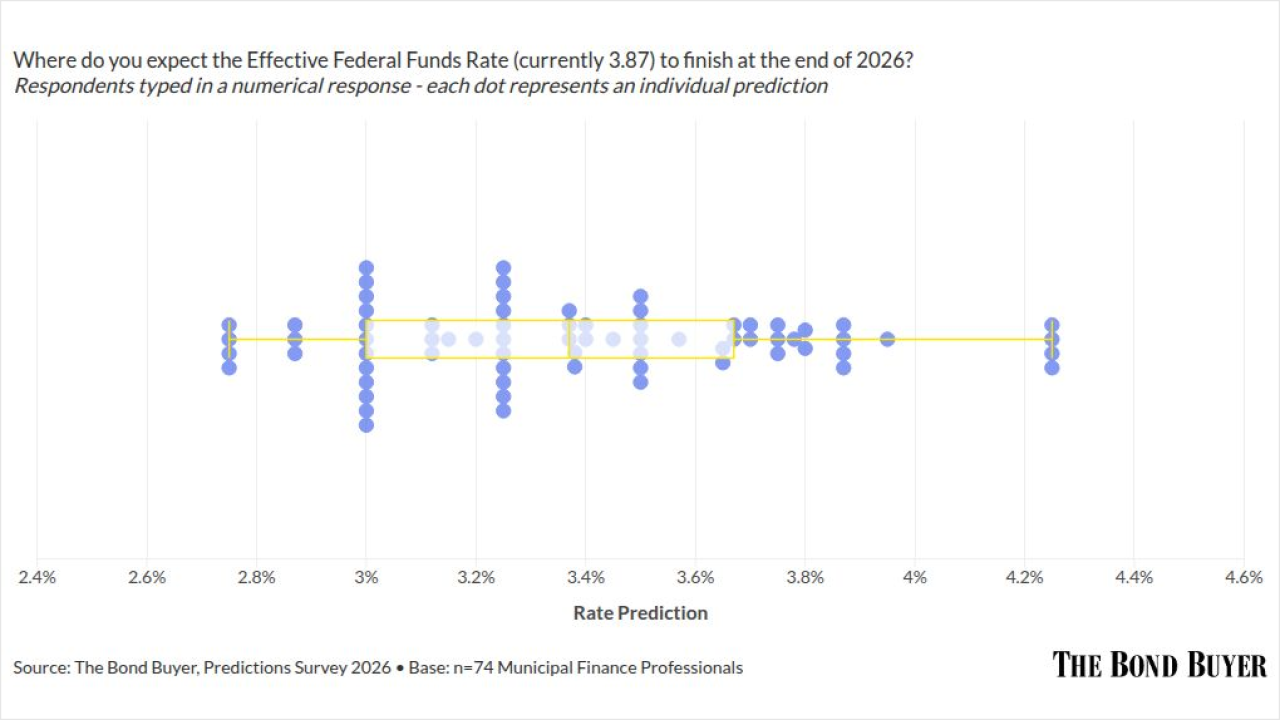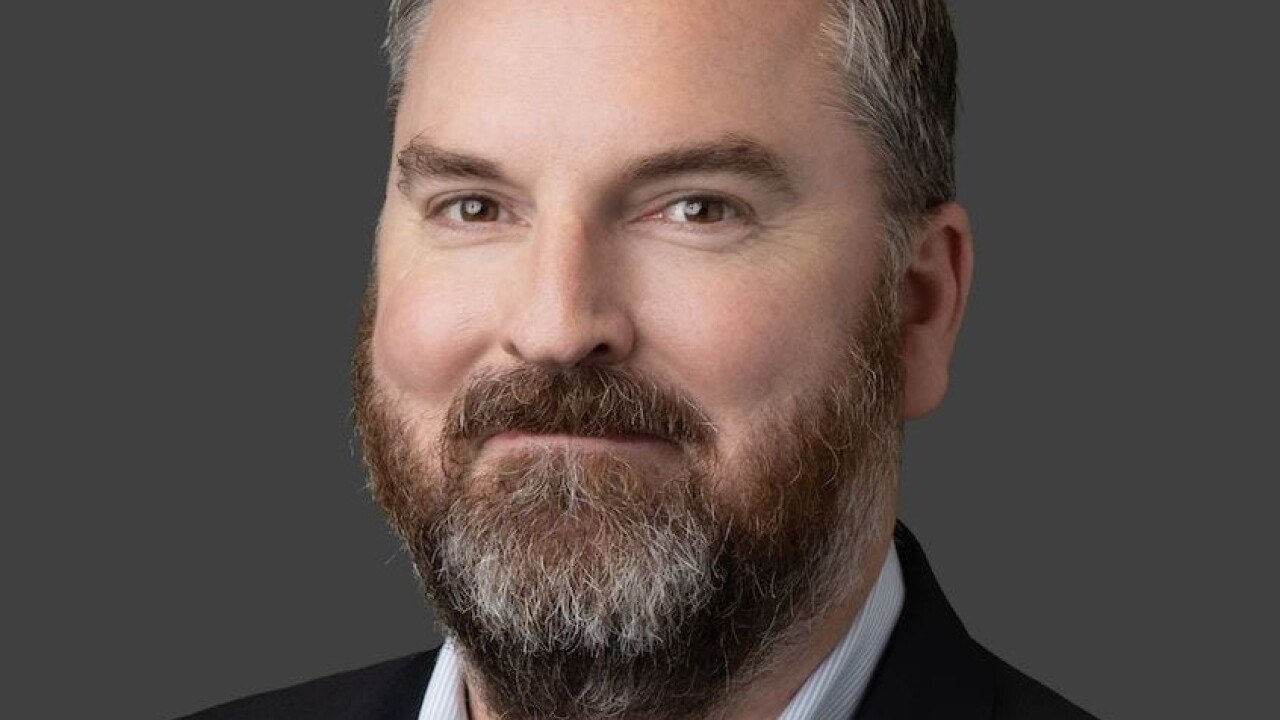
Chicago will host its annual investor conference on Thursday as Mayor Brandon Johnson's administration faces challenges ranging from a $1.12 billion deficit in FY2026 to the end of federal pandemic relief to an administration in the White House hostile to some of its policies.
The Trump administration has threatened to withhold federal funding to the city itself over Chicago's sanctuary city immigration policies, and
It has also withheld research funding from Chicago area universities, particularly Northwestern University, which had $790 million in federal funding frozen,
Higher education and research institutions are one of Chicago's strengths, said Howard Cure, director of municipal bond research at Evercore Wealth Management. So in addition to asking about the impact of tariffs on revenue, investors may want to know what happens if there's a loss in federal research grants, he said.
"I'm trying to get a sense of changes in funding from Washington and the impact on the state, which would inevitably flow down to the city as well," Cure said. "The mayor is sort of taking a stand on being a sanctuary city and how much could that potentially alienate the administration?"
Cure acknowledged the White House's ability to target cities over their legal, democratically enacted policies "will probably be tested in court." But he said cities and states face a difficult balancing act, with a need to coordinate across localities, including with mayors and governors in red or purple states.
"I'm not sure if they have a federal strategy or if they're going it alone," he said of Chicago.
Cure said investors will be listening for more information about the budget — "because it's really not structurally balanced," he said. "There was money from (the American Rescue Plan Act), money from (tax increment financing districts), and debt refinancing to get upfront savings."
He also wants to know the mayor's office's strategy on property taxes — the
"If I was running this, it'd be interesting to get someone from the mayor's office who deals with the state, or a representative from the Chicago area who's in the legislature, talking about relationships and what they're hoping to get (from Springfield)," he added.
"This year I think is a really important year, looking forward into the rest of 2025 and even 2026," said Richard Ciccarone, president emeritus at Merritt Research Services, an Investortools company.
He pointed to the budget deficit, pensions and how TIF funds are used as key issues.
"The interesting thing is … they pledged some TIF monies for the schools, and then they've been using them also for affordable housing," Ciccarone said. "That TIF money was used as cash flow in previous years … if more of that is funneled out, that's a concern. We would really want to see details about that. I hope they cover that in their meeting."
The city "still has a very large cash flow," he said. "The increase in expenses to pay for items that are on the mayor's wish list — and they might have great meaning, but they cost money" is accompanied by a cash flow that won't grow as quickly as it had.
Ciccarone also voiced concerns about rating downgrades.
"As S&P and KBRA both indicated, when you look at the issues they're facing, they're suggesting a change that would more likely cause more inclement weather," he said.
Any backsliding into the debt practices of the past would only exacerbate that forecast, he added: "Those were very important victories for the city, to say that we have left the road of scoop-and-toss."
Ciccarone also stressed the importance of remaining a magnet for young people from across the Midwest and maintaining the city's ranks of corporate headquarters. After Boeing and Citadel moved their headquarters out of Chicago, AAA20 Group, a robotics manufacturer,
"You really want to stem the losses of dynamic new industries or historically important and powerful corporations," he said.
Evercore's Cure noted, looking back on
"Chicago is a big center for higher education and research, and that is something I hope they focus on," he said. "I give them credit for doing these investor conferences."
When told that this year's conference will be closed to all press, he said, "That's not a good sign."
"I understand Chicago's point of view," Ciccarone said of the no-press policy. "It may be productive in helping investors who prefer not to air their questions in the presence of the press. But it raises suspicions among those not invited about negative issues, which the press may already be aware of. It also may raise undue concern that may not even be justified. Being secretive raises new questions."
Moody's Ratings rates Chicago Baa3 with a positive outlook. It said in December that Chicago's
Fitch Ratings assigns the city's GOs an A-minus rating with a stable outlook after a July upgrade. It affirmed that rating — and the AAA rating on the city's Sales Tax Securitization Corp. bonds — in November.





